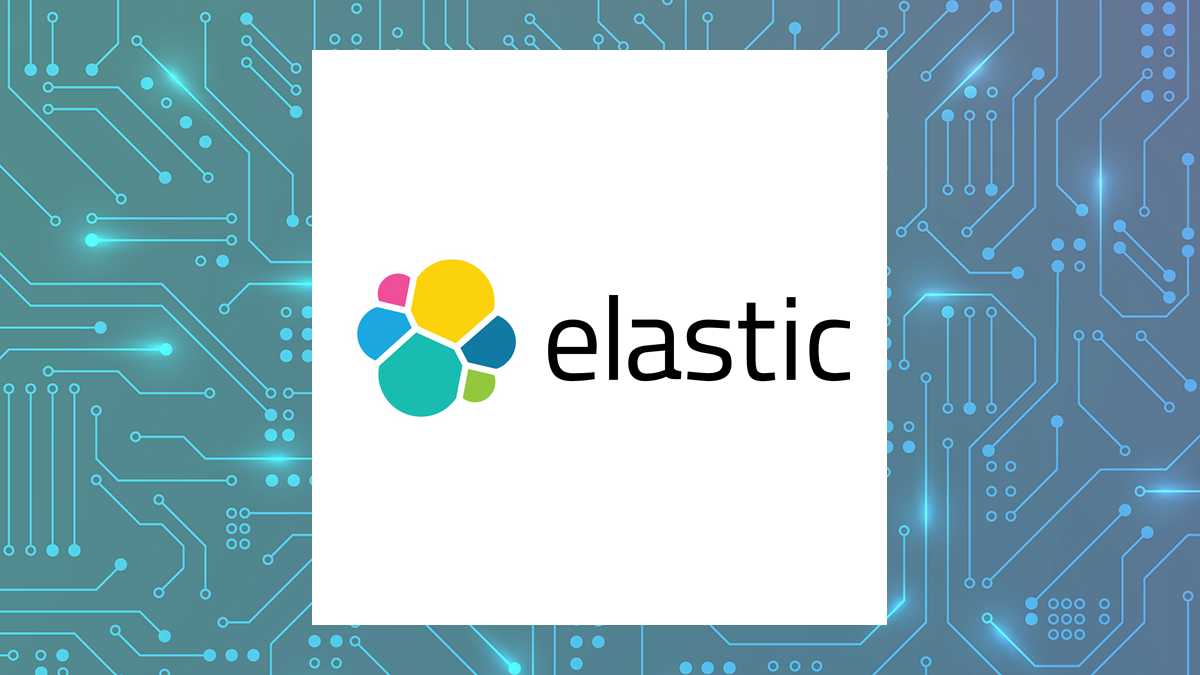Coursera (NYSE:COUR – Get Free Report) and Elastic (NYSE:ESTC – Get Free Report) are both business services companies, but which is the superior business? We will contrast the two businesses based on the strength of their institutional ownership, earnings, valuation, dividends, profitability, risk and analyst recommendations.
Earnings & Valuation
This table compares Coursera and Elastic”s gross revenue, earnings per share and valuation.
| Gross Revenue | Price/Sales Ratio | Net Income | Earnings Per Share | Price/Earnings Ratio | |
| Coursera | $684.37 million | 1.57 | -$116.55 million | ($0.69) | -9.97 |
| Elastic | $1.27 billion | 6.43 | $61.72 million | $0.55 | 144.27 |
Elastic has higher revenue and earnings than Coursera. Coursera is trading at a lower price-to-earnings ratio than Elastic, indicating that it is currently the more affordable of the two stocks.
Institutional & Insider Ownership
Profitability
This table compares Coursera and Elastic’s net margins, return on equity and return on assets.
| Net Margins | Return on Equity | Return on Assets | |
| Coursera | -14.35% | -13.92% | -9.23% |
| Elastic | 4.62% | -17.54% | -5.69% |
Volatility and Risk
Coursera has a beta of 1.42, indicating that its share price is 42% more volatile than the S&P 500. Comparatively, Elastic has a beta of 0.94, indicating that its share price is 6% less volatile than the S&P 500.
Analyst Ratings
This is a breakdown of current ratings and price targets for Coursera and Elastic, as reported by MarketBeat.com.
| Sell Ratings | Hold Ratings | Buy Ratings | Strong Buy Ratings | Rating Score | |
| Coursera | 1 | 1 | 9 | 0 | 2.73 |
| Elastic | 0 | 8 | 16 | 0 | 2.67 |
Coursera currently has a consensus target price of $10.93, suggesting a potential upside of 58.79%. Elastic has a consensus target price of $103.71, suggesting a potential upside of 30.70%. Given Coursera’s stronger consensus rating and higher possible upside, equities analysts clearly believe Coursera is more favorable than Elastic.
Summary
Elastic beats Coursera on 9 of the 14 factors compared between the two stocks.
About Coursera
 Coursera, Inc. operates an online educational content platform in the United States, Europe, Africa, the Asia Pacific, the Middle East, and internationally. It operates in three segments: Consumer, Enterprise, and Degrees. The company offers guided projects, courses, and specializations, as well as online degrees; and certificates for entry-level professional, non-entry level professional, university, and MasterTrack. It offers its products to individuals, enterprise, business, campus, and government. The company was formerly known as Dkandu, Inc. and changed its name to Coursera, Inc. in April 2012. Coursera, Inc. was incorporated in 2011 and is headquartered in Mountain View, California.
Coursera, Inc. operates an online educational content platform in the United States, Europe, Africa, the Asia Pacific, the Middle East, and internationally. It operates in three segments: Consumer, Enterprise, and Degrees. The company offers guided projects, courses, and specializations, as well as online degrees; and certificates for entry-level professional, non-entry level professional, university, and MasterTrack. It offers its products to individuals, enterprise, business, campus, and government. The company was formerly known as Dkandu, Inc. and changed its name to Coursera, Inc. in April 2012. Coursera, Inc. was incorporated in 2011 and is headquartered in Mountain View, California.
About Elastic
 Elastic N.V., a data analytics company, delivers solutions designed to run in public or private clouds in multi-cloud environments. It primarily offers Elastic Stack, a set of software products that ingest and store data from various sources and formats, as well as performs search, analysis, and visualization on that data. The company's Elastic Stack product portfolio comprises Elasticsearch, a distributed, real-time search and analytics engine, and data store for various types of data, including textual, numerical, geospatial, structured, and unstructured; Kibana, a user interface, management, and configuration interface for the Elastic Stack; Elastic Agent that offers integrated host protection and central management services; Beats, a single-purpose data shippers for sending data from edge machines to Elasticsearch or Logstash; and Logstash, a data processing pipeline for ingesting data into Elasticsearch or other storage systems from a multitude of sources simultaneously. It also provides software solutions on the Elastic Stack that address cases, including search applications, workplace search, logs, metrics, application performance monitoring, synthetic monitoring, security information and event management (SIEM), endpoint security, extended detection and response, and cloud security. The company was incorporated in 2012 and is based in Amsterdam, the Netherlands.
Elastic N.V., a data analytics company, delivers solutions designed to run in public or private clouds in multi-cloud environments. It primarily offers Elastic Stack, a set of software products that ingest and store data from various sources and formats, as well as performs search, analysis, and visualization on that data. The company's Elastic Stack product portfolio comprises Elasticsearch, a distributed, real-time search and analytics engine, and data store for various types of data, including textual, numerical, geospatial, structured, and unstructured; Kibana, a user interface, management, and configuration interface for the Elastic Stack; Elastic Agent that offers integrated host protection and central management services; Beats, a single-purpose data shippers for sending data from edge machines to Elasticsearch or Logstash; and Logstash, a data processing pipeline for ingesting data into Elasticsearch or other storage systems from a multitude of sources simultaneously. It also provides software solutions on the Elastic Stack that address cases, including search applications, workplace search, logs, metrics, application performance monitoring, synthetic monitoring, security information and event management (SIEM), endpoint security, extended detection and response, and cloud security. The company was incorporated in 2012 and is based in Amsterdam, the Netherlands.
Receive News & Ratings for Coursera Daily - Enter your email address below to receive a concise daily summary of the latest news and analysts' ratings for Coursera and related companies with MarketBeat.com's FREE daily email newsletter.
